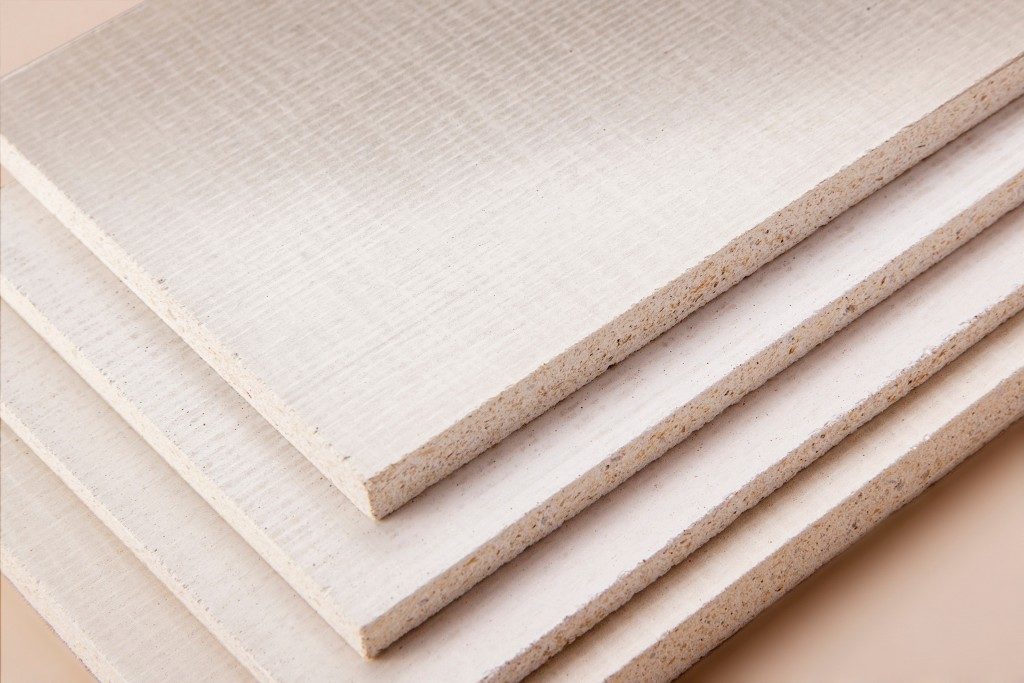- Incorporate energy efficiency in the building process through effective insulation, energy-efficient windows, and sealing all cracks in the household.
- Conserve energy with lifestyle changes like using solar energy and energy-efficient lighting and appliances.
- Utilize energy saving home evaluation services for optimizing home energy efficiency.
- Prioritizing energy efficiency during construction leads to long-term savings and a sustainable lifestyle.
Building a home is a great accomplishment. It’s a project that allows you to create and design the space that perfectly suits your lifestyle. However, building your dream house requires careful consideration of various components, including finances, materials, and energy use. Energy usage, in particular, is a factor that’s often overlooked during the building process. As the world continues to prioritize sustainability, it’s essential to incorporate energy-efficient solutions in the planning stages of your construction project. Here are various tips for new homeowners on incorporating energy-efficient solutions into the build process.
Optimize Your Insulation:
Ensuring that your home is adequately insulated is one of the best ways to reduce energy costs. An excellent insulation system helps maintain temperature control, reduce heat loss during winter, and prevent heat gain during summer. Here are some tips that can help:
Choose Good Insulation Materials:
Choose insulation materials that are of the highest quality and most suitable for your climate. Different regions have different temperatures as well as varying levels of moisture levels in the air, so it’s important to take these into account when selecting insulation materials. Additionally, consider installing insulation with higher R-values—the measure used to indicate thermal resistance—in order to maximize energy efficiency.
Choose Energy-efficient Windows:
Windows are essential in providing natural lighting, improving ventilation, and enhancing the aesthetic value of your home. However, not all windows are made equal. Opt for energy-efficient windows that have low U-Values and double or triple-pane glass, which can significantly reduce energy loss and save you money on your energy bill.
Seal All Cracks and Openings:
To further enhance your home’s insulation, it’s crucial to seal all cracks and openings in your home’s walls, ceilings, and floors. These gaps can allow cool air to escape during summer and warm air to leak out during winter. Use caulk or weatherstripping to seal these areas. This can significantly improve your home’s energy efficiency and help you maintain a comfortable indoor temperature all year round.

Conserve Energy:
In addition to optimizing your home’s insulation, you can also conserve energy by making simple changes to your lifestyle and habits. It might seem hard at first, but with some effort and dedication, you’ll be able to save a considerable amount of energy in the long run. Here are some tips for conserving energy at home:
Consider Using Solar Energy:
Solar power is an excellent investment to optimize energy savings. Incorporating solar panels into your building process can provide your home with a clean, constant source of renewable energy. You can also consider using a solar water heating system, which can reduce water heating costs by up to 80%.
Upgrade to Energy-efficient Lighting:
Whether it’s LED or CFLs, upgrading your light bulbs can significantly reduce your energy consumption. Energy-efficient light bulbs use less electricity, last longer, and provide excellent lighting for your home.
Invest in Energy-Efficient Appliances:
Energy-efficient appliances use less electricity and water, making them an excellent investment for your home. Consider purchasing efficient refrigerators, washing machines, and dishwashers, which can save you a considerable amount of money over your lifetime.

Seek Home Evaluation Services:
Finally, it’s important to seek the help of reliable energy saving home evaluation services. These services can assess your home and provide advice on how to optimize its energy efficiency.
In addition to providing advice on insulation materials and energy-efficient appliances, they can also offer insights into the latest advancements in energy-saving technologies. This valuable resource becomes indispensable for new homeowners seeking to integrate sustainable solutions into their building process and reduce their environmental footprint.
If possible, hire a certified energy auditor to inspect your home and identify areas that are in need of improvement. This will provide you with an accurate assessment of your home’s energy efficiency and can help you make the best decisions when building or renovating your new house.
Incorporating energy-efficient solutions into the build process is essential in optimizing energy savings, reducing your carbon footprint, and increasing the value of your home in the long term. From insulation optimization and energy-efficient windows to using solar power and upgrading to energy-efficient appliances, the tips provided in this blog post can help new homeowners make the most of their build process. By prioritizing energy efficiency in your construction project, you can lead a more sustainable lifestyle and maximize savings on your energy bills.


